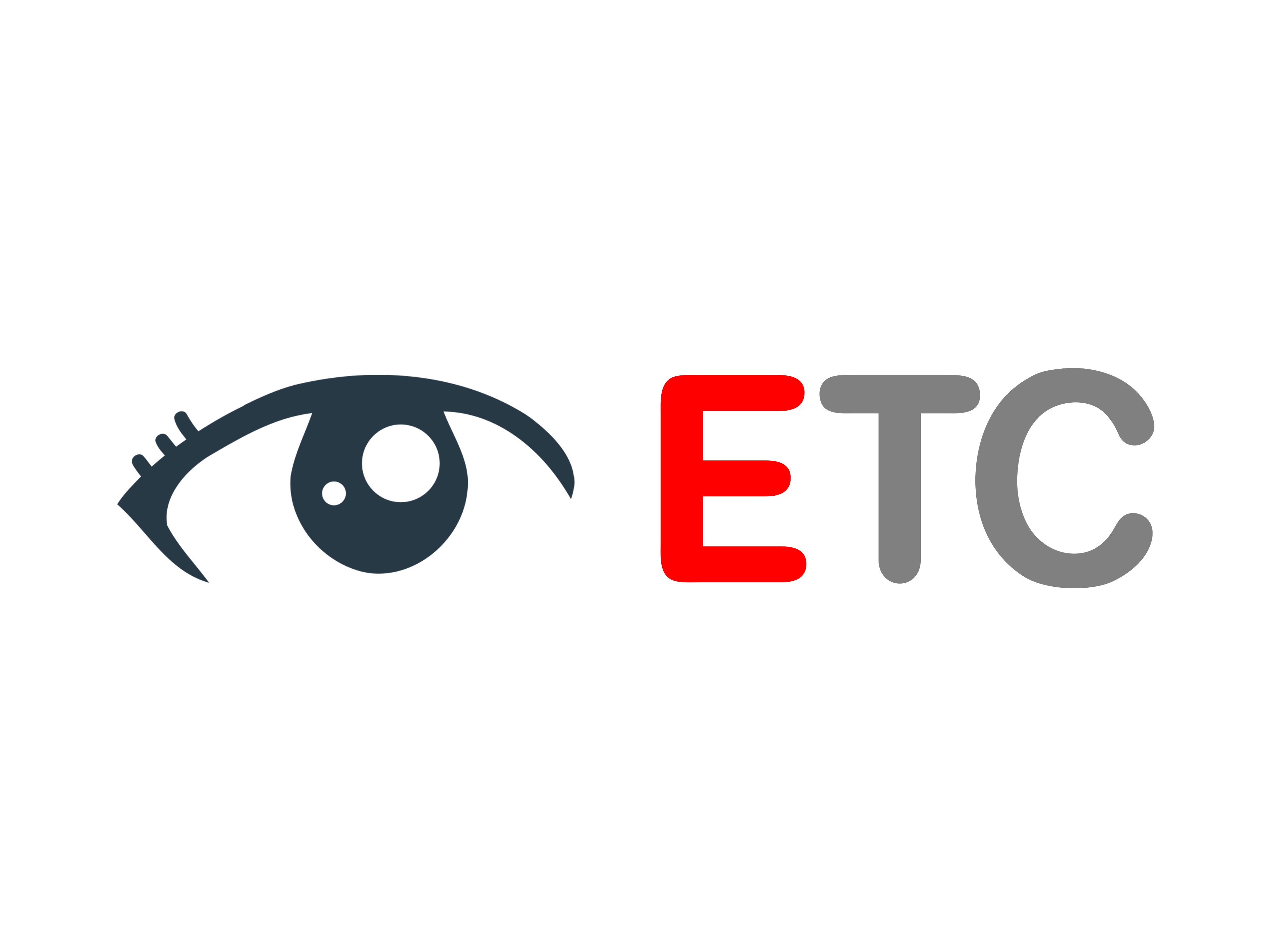Conflict of Interest Management: Develop clear guidelines for managing conflicts of interest.
Gifts and Entertainment Policies: Establish policies on giving and receiving gifts.
Anti-Corruption Measures: Implement measures to prevent and combat corruption.
Supplier Ethics: Ensure suppliers adhere to ethical standards and practices.
Ethics Audits: Conduct regular audits to assess and enhance ethical practices.
Employee Surveys: Gather employee feedback to assess ethical culture.
Diversity and Inclusion: Promote diversity and inclusion as ethical imperatives.
Stakeholder Engagement: Engage with stakeholders to address ethical concerns.
Sustainability Practices: Integrate ethical and sustainable practices into operations.
Transparency in Reporting: Ensure transparent and accurate financial reporting.
Ethical AI and Technology Use: Apply ethical considerations to technology usage.
Data Privacy: Protect customer and employee data with strong privacy measures.
Consumer Protection: Implement practices that prioritize customer well-being.
Third-Party Risk Management: Monitor and manage ethics-related risks from third parties.
Performance Evaluation: Incorporate ethical behavior into performance evaluations.
Corporate Social Responsibility: Contribute positively to the community and society.
Ethics Training for Managers: Equip managers to lead with ethical principles.
Ethical Sourcing: Source materials and products ethically and responsibly.
Clear Policies: Develop and communicate policies on ethical behavior.
Whistleblower Support: Provide resources and support for whistleblowers.
Social Media Ethics: Guide employees on responsible social media usage.
Transparent Governance: Implement transparent governance structures and practices.
Compliance Oversight: Establish effective compliance oversight mechanisms.
Ethics Awards and Recognition: Recognize and reward ethical behavior.
Ethical Marketing: Ensure honesty and transparency in marketing practices.
Vendor Code of Conduct: Enforce ethical conduct among vendors and suppliers.
Ethical Innovation: Consider ethical implications in product and service innovation.
Ethical Leadership Development: Invest in developing ethical leadership skills.
Philanthropic Initiatives: Support ethical and impactful philanthropic endeavors.
Safeguarding Intellectual Property: Protect intellectual property rights ethically.


